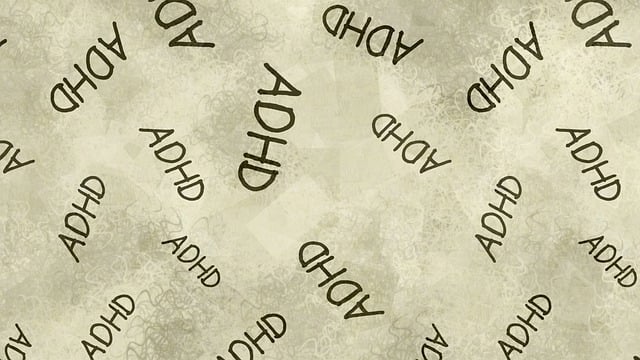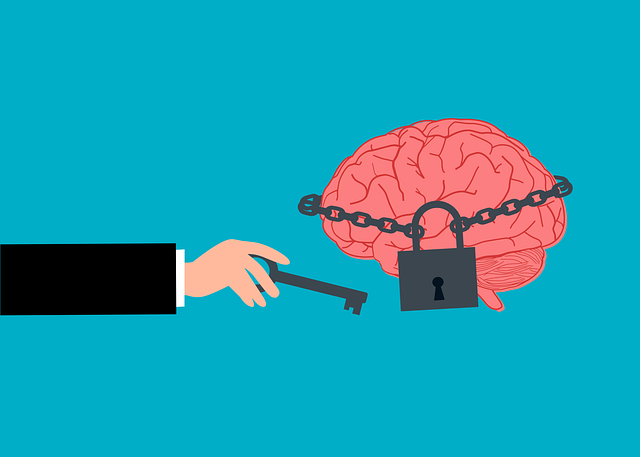Mental health professionals face a delicate balance between supporting clients with complex issues like gambling therapy and safeguarding their own well-being from burnout and compassion fatigue. Adhering to self-care principles, cultural competency training, and mental health awareness programs is crucial for navigating ethical challenges and providing exceptional care. Littleton Gambling Therapy offers specialized tools to address gambling-related issues, reduce stigma, and foster healthier work environments. Effective risk assessment through systematic strategies and open communication ensures comprehensive client support and provider resilience, aiming for optimal anxiety relief.
Mental health professionals, despite their noble calling, face unique risks that can impact their well-being. This article delves into the critical aspect of risk assessment within this field, exploring the specific challenges these professionals encounter. We examine how Littleton Gambling Therapy emerges as a powerful tool for mitigating risks associated with high-stress work. Through understanding these risks and implementing effective strategies, mental health practitioners can enhance their resilience and foster healthier careers.
- Understanding the Unique Risks Faced by Mental Health Professionals
- The Role of Littleton Gambling Therapy in Mitigating Risk
- Strategies for Effective Risk Assessment and Management
Understanding the Unique Risks Faced by Mental Health Professionals

Mental health professionals often find themselves in a unique position where they must balance the well-being of their clients with their own emotional and mental health. Unlike other healthcare providers, therapists and counselors directly engage with individuals navigating complex psychological challenges, which can take an immense toll on their own mental state. This constant exposure to intense personal stories and traumatic experiences can lead to burnout, compassion fatigue, and secondary trauma—a phenomenon known as “Littleton Gambling Therapy” where professionals may start to mirror the struggles of their clients.
The pressure to maintain professionalism while managing these risks is heightened by the evolving nature of mental health awareness and treatment methodologies. Adhering to Mind Over Matter principles, which emphasize self-care and resilience, is crucial for healthcare provider well-being. Additionally, ongoing training in cultural competency, particularly when dealing with diverse client populations, can help professionals navigate complex ethical territories. Mental Health Awareness programs and workshops play a significant role in equipping these experts with the tools needed to recognize and mitigate personal risks while providing exceptional care.
The Role of Littleton Gambling Therapy in Mitigating Risk

Littleton Gambling Therapy plays a significant role in mitigating risks for mental health professionals by offering specialized techniques to address gambling-related issues that can impact practitioners’ well-being. Many mental health workers face unique challenges, from managing their own gambling tendencies to supporting clients with addiction—a complex web that requires expert navigation. This therapy provides tools and strategies tailored to the specific needs of these professionals, fostering a healthier work environment.
Moreover, the approach incorporates conflict resolution techniques, essential for navigating the intricate relationships between mental health providers and their clients. By integrating Cultural Sensitivity in Mental Healthcare Practice, Littleton Gambling Therapy contributes to Mental Illness Stigma Reduction Efforts, ensuring that both practitioners and patients feel supported and understood. This holistic perspective is vital in creating a safe space where professionals can thrive while offering the best care to those they serve.
Strategies for Effective Risk Assessment and Management

Effective risk assessment is a cornerstone for mental health professionals, especially those specializing in areas like Littleton Gambling Therapy. It involves a systematic approach to identify and evaluate potential risks within therapeutic settings. By integrating strategies from the Mental Wellness Podcast Series Production and leveraging Healthcare Provider Cultural Competency Training, practitioners can ensure comprehensive risk management.
This process includes gathering detailed client histories, regular monitoring of behavioral patterns, and staying informed about relevant research. Additionally, fostering open communication with clients enables professionals to discuss concerns and collaboratively develop safety plans. Incorporating these strategies not only enhances the accuracy of risk assessments but also contributes to the overall well-being of both providers and their clients, ultimately aiming for optimal Anxiety Relief.
Mental health professionals, while dedicated to supporting others, face unique risks that demand tailored attention. By understanding these hazards, such as high stress levels and potential moral dilemmas, practitioners can proactively manage their well-being. Incorporating strategies like Littleton Gambling Therapy offers a promising avenue for mitigating these risks, enhancing resilience, and ensuring long-term career satisfaction. Effective risk assessment and management are not just beneficial; they are essential for fostering a healthy and sustainable mental health profession.














